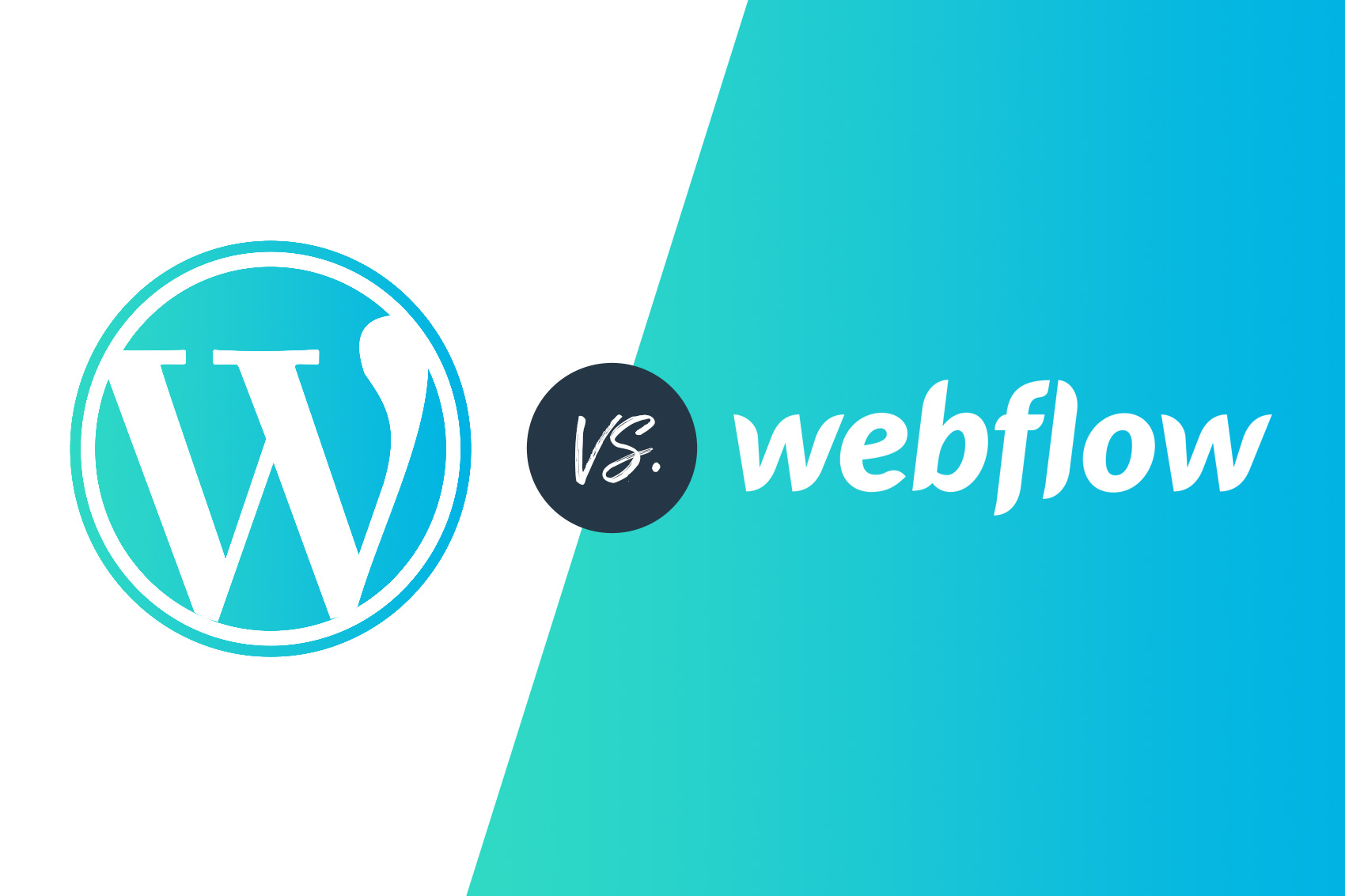When it comes to creating a website, there are many platforms to choose from. Two of the most popular options are WordPress and Webflow. In this blog post, we will compare WordPress vs. Webflow and help you decide which platform is right for your website.
1. Ease of Use
Webflow is known for its ease of use, offering a drag-and-drop interface that makes it easy for anyone to create a website. WordPress, on the other hand, has a steeper learning curve, requiring some technical knowledge to get started. However, WordPress offers more customization options and flexibility than Webflow.
2. Customization
Both WordPress and Webflow offer customization options, but WordPress is known for its high degree of flexibility. With thousands of themes and plugins available, you can easily customize your website’s design and functionality. Webflow, while offering some customization options, is not as flexible as WordPress.
3. SEO
Search engine optimization (SEO) is critical for website success. WordPress is known for its SEO-friendly features, including the ability to create custom URLs, meta descriptions, and title tags. Additionally, WordPress offers numerous SEO plugins that help improve your website’s search engine visibility. While Webflow also offers some SEO features, it is not as comprehensive as WordPress.
4.Cost
WordPress is a cost-effective option for creating a website. The platform is free to use, and many themes and plugins are also available for free. However, Webflow is a more expensive option. While it offers a free plan, you need to pay a monthly fee for additional features, such as custom domains, eCommerce, and hosting.
5. Community Support
WordPress has a large and active community of developers and users. This community provides support, documentation, and tutorials, making it easy to learn and troubleshoot issues. Additionally, the community regularly updates WordPress to fix bugs and improve performance. While Webflow also has a community, it is not as large or active as WordPress.
6. Scalability
WordPress is highly scalable, making it a great option for small and large businesses alike. You can easily add new pages, features, and functionalities to your website as your business grows. Webflow, on the other hand, has some limitations when it comes to scalability.
In Conclusion
Both WordPress and Webflow offer benefits depending on your needs. However, overall, we feel that WordPress is where to place your bet – and wins overall. If you need a highly customizable platform that is cost-effective and offers comprehensive SEO features, then WordPress is the better option. Ultimately, the decision comes down to your specific needs and goals for your website.
Avaliis is a team of WordPress experts that leverages SEO best practices to develop an efficient, responsive, and high-ranking website that meets your needs. Our professionals stay updated on the latest design concepts and employ top-of-the-line tools while working on the WordPress platform. If you want to learn more about our services and how we can grow your business, reach out to Avaliis today.
Looking to know which is better between Weebly and WordPress? You might find this article helpful.


